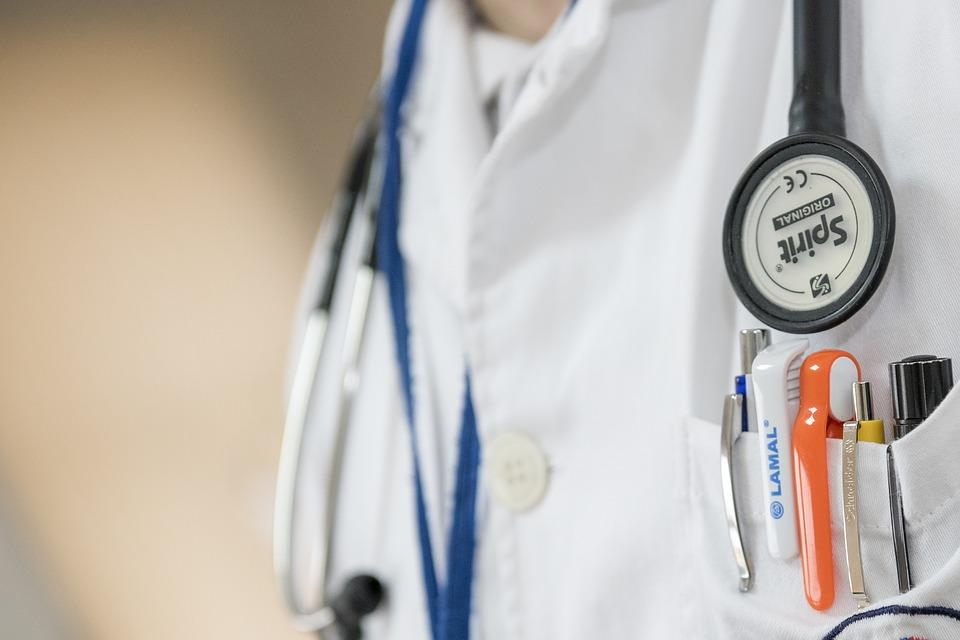Filing bankruptcy may be a good option for getting rid of medical debt. It also offers protection against wage garnishment, lawsuits and creditor harassment. Here’s how medical debt is handled in bankruptcy.
You have two options when it comes to filing for bankruptcy: Chapter 7 and Chapter 13.
Chapter 7 Bankruptcy and Medical Debt
If you file for Chapter 7 bankruptcy, your medical debt may be completely erased. This includes all medical bills from doctors, labs, hospitals, out-patient surgery centers, dentists and other medical providers. Many people with medical debt who file for bankruptcy prefer Chapter 7 because it requires no debt repayment and there is no limit or cap on how much medical debt you can erase. Doing this enables you to hit the reset button financially and get back on the road to financial wellness.
To file for Chapter 7 bankruptcy, however, you must meet two eligibility criteria. First, your current monthly income needs to be less than or equal to the median income for a household in your state. To compare your income to your state’s median, visit https://www.census.gov/en.html and type in the name of your state and median household income in the search box. If your income is higher than the state’s median, then you must pass the “means test”, which assesses your ability or “means” to repay a portion of your medical debt over a repayment period. The median income in NJ is among the highest in the nation. Practically all of our clients “pass” the means test.
Second, you must not have filed for Chapter 7 bankruptcy within the last eight years or Chapter 13 bankruptcy within the last six years to be eligible.
Chapter 13 Bankruptcy and Medical Debt
If you are not eligible to file for Chapter 7 bankruptcy, then you may choose to file a Chapter 13 bankruptcy. Here, you will make monthly payments over a three or five-year period to cover a portion of your debt. Once the agreed-upon portion has been paid, the remainder of your medical debt is erased as long as you’ve made all plan payments
The amount you are required to pay depends on three factors:
- Disposable income. This is the amount you have left each month after paying reasonable and necessary living expenses, which is then paid to creditors.
- Overall income. If your income is less than the median income in your state (see link above), you may propose a three-year repayment plan. If your income is more, then your repayment plan will last five years. The thought behind this is bankruptcy filers with higher incomes should pay more to creditors over time.
- Best interest of the creditors. At minimum, creditors must receive at least what they would have if you filed for Chapter 7 bankruptcy. In Chapter 7 bankruptcy, any nonexempt property can be sold and the money distributed among creditors, so you must repay at least this amount.
If you are faced with having to file bankruptcy because of medical debt, know you are not alone. I can help. If you would like to learn more about how bankruptcy can eliminate or reduce your medical bills, please contact me to schedule an appointment.

